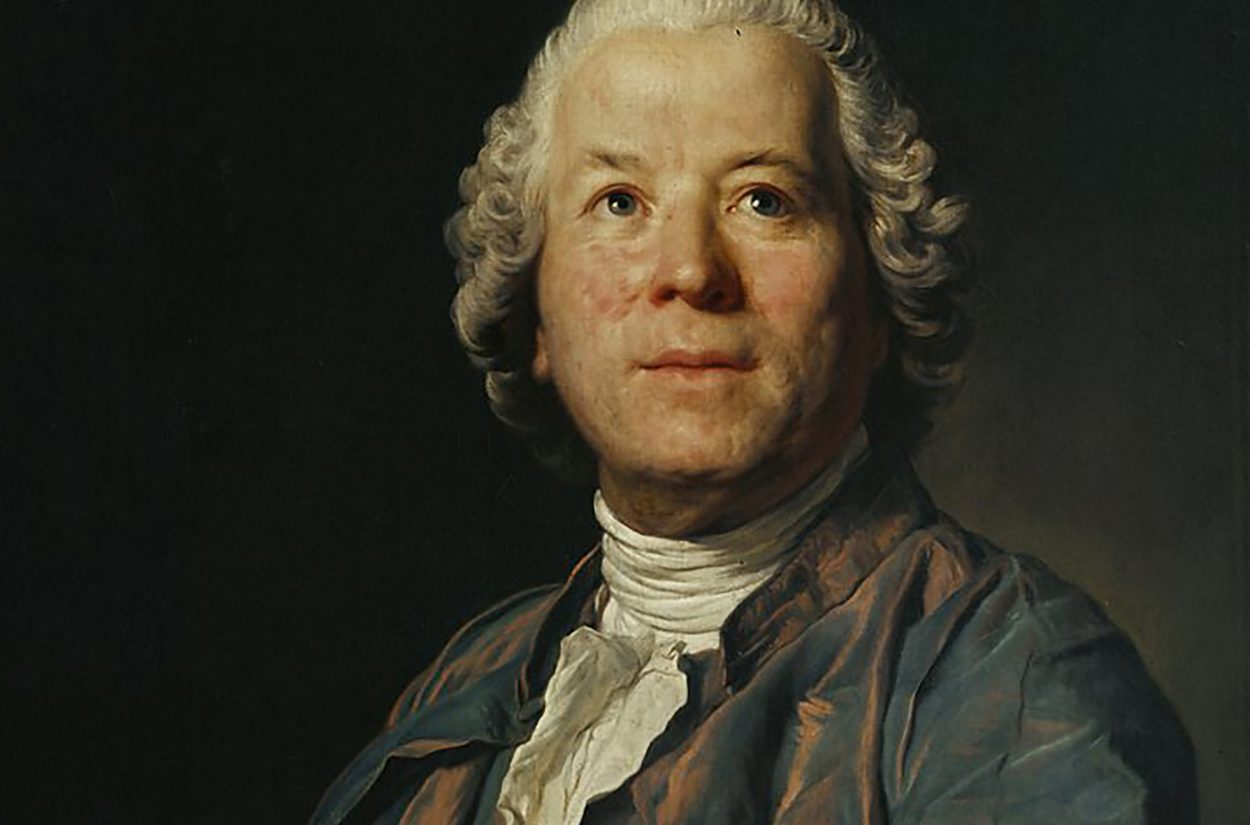Christoph Willibald Gluck (1714–1787) is celebrated as a transformative composer who redefined opera in the Classical period, bridging the gap between Baroque traditions and more expressive, narrative-driven music. Known for his “reform operas,” Gluck aimed to simplify opera’s excessive ornamentation, emphasizing emotion, plot coherence, and accessibility for audiences. Here are five of his best compositions, showcasing his legacy and innovations in the world of opera.
1. Orfeo ed Euridice (1762)
The Masterpiece of Opera Reform
Orfeo ed Euridice is Gluck’s most famous and influential opera. The story, rooted in Greek mythology, tells the tale of Orpheus, a musician who descends to the underworld to rescue his beloved Euridice. Gluck broke away from traditional operatic styles, reducing excessive embellishments and placing a stronger emphasis on the emotional intensity of the music.
The opera is known for its melodic simplicity and clear storytelling, marking a new era in opera where music served the drama rather than overshadowing it. The aria “Che farò senza Euridice” has become one of the most enduring pieces in operatic repertoire, embodying Orfeo’s despair and emotional depth.
Why It’s a Masterpiece:
- Innovative Narrative Structure: Gluck places storytelling at the heart of the opera.
- Emotional Power: Orfeo’s journey, captured in beautifully simple melodies, resonates with listeners.
- Enduring Popularity: The opera remains a staple, showing Gluck’s lasting influence on opera.
2. Alceste (1767)
A Noble Tragedy in Music
Alceste continues Gluck’s mission to reform opera, offering a somber yet noble story of self-sacrifice. Queen Alceste, in a desperate bid to save her dying husband, agrees to sacrifice herself to the gods. The opera explores themes of love, loyalty, and mortality, encapsulating the Classical era’s ideals of virtue and human emotion.
The preface to Alceste was a manifesto for Gluck’s reforms, stating that he wanted music to serve the text and the drama. The opera’s score minimizes showy vocal displays, focusing on clarity, simplicity, and expressive power.
Why It’s a Masterpiece:
- Musical Integrity: Gluck’s score serves the drama directly, an innovative approach at the time.
- Deep Human Emotion: Alceste’s sacrifice and the emotional conflicts resonate deeply.
- Reform Opera in Practice: Alceste exemplifies Gluck’s reform ideals and remains a benchmark for Classical opera.
3. Iphigénie en Tauride (1779)
The Pinnacle of Tragic Opera
Iphigénie en Tauride is often hailed as Gluck’s crowning achievement in opera. Based on Euripides’ tragedy, it tells the story of Iphigenia, a Greek princess who, exiled and presumed dead, is reunited with her brother Orestes under harrowing circumstances. Gluck weaves intense dramatic tension with music that underscores the characters’ inner struggles.
This opera showcases Gluck’s skill at fusing the classical ideals of clarity and emotional realism. The Iphigénie en Tauride score is emotionally rich, emphasizing character development and moral themes rather than virtuosity.
Why It’s a Masterpiece:
- Intense Dramatic Power: The score captures the anguish and complexity of Greek tragedy.
- Character-Driven Narrative: Iphigenia and Orestes are vividly brought to life through music.
- Emphasis on Human Emotion: Gluck’s mastery of dramatic composition is evident, making it a profound operatic work.
4. Paride ed Elena (1770)
An Elegant Exploration of Romance
Paride ed Elena, a less frequently performed but deeply admired work, revolves around the romance between Paris and Helen of Troy. In this opera, Gluck showcases the subtleties of romantic attraction and internal conflict, differing from the more intense drama of Orfeo ed Euridice and Alceste. The music emphasizes beauty and grace, with arias that are serene and emotionally nuanced.
The opera’s famous aria “O del mio dolce ardor” is one of Gluck’s most exquisite creations, capturing Paris’s love with serene passion.
Why It’s a Masterpiece:
- Romantic Expressiveness: A lyrical exploration of love, more tender than his tragic operas.
- Subtle and Refined Music: Gluck’s skillful composition heightens the story’s romantic undertones.
- A Testament to Gluck’s Range: This opera illustrates Gluck’s versatility as a composer.
5. Armide (1777)
A Fusion of Drama and Emotion
Armide tells the story of a sorceress who falls in love with her enemy, the knight Renaud. Adapted from earlier versions by composers like Lully, Gluck’s Armide is distinguished by its psychological depth and focus on the heroine’s internal struggles. This opera allows Gluck to explore more complex emotional states, blending fantasy with profound themes of love, power, and revenge.
The famous “Ah! Si la liberté me doit être ravie” aria showcases Armide’s passionate despair, demonstrating Gluck’s skill in conveying nuanced emotions through music.
Why It’s a Masterpiece:
- Complex Characterization: Armide’s inner conflict is beautifully illustrated through Gluck’s music.
- Rich Dramatic Layers: The opera combines fantastical elements with realistic emotion.
- Masterful Use of Orchestration: Gluck’s orchestration in Armide highlights his mature compositional style.
Conclusion
Christoph Willibald Gluck’s compositions have shaped the evolution of opera, making him a visionary of the Classical period. His operas broke conventions, placing dramatic storytelling and emotional expression at the forefront of music. From the transformative Orfeo ed Euridice to the introspective Armide, Gluck’s works continue to captivate audiences and inspire musicians. His operatic reforms laid the groundwork for future composers, including Mozart and Wagner, ensuring his legacy endures in opera houses worldwide.


Comments are closed